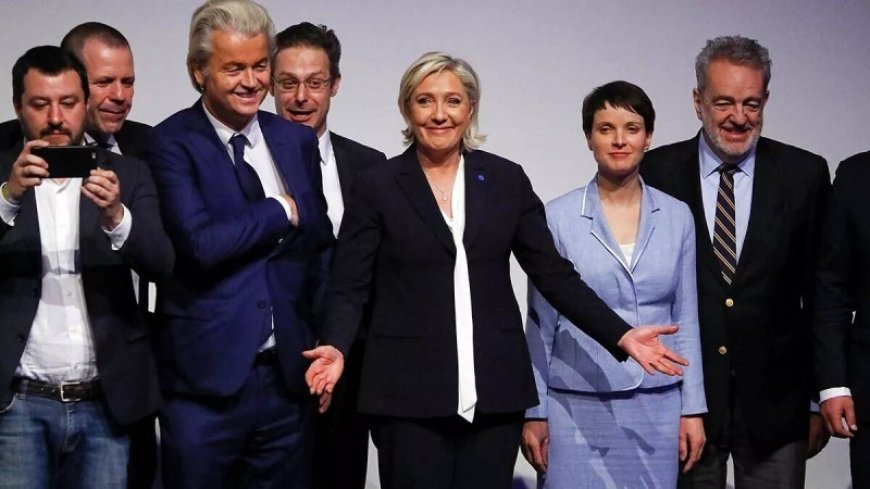Is the World Ready for a Radical Europe?

Recent European Union Parliament elections have revealed a significant shift in the political landscape, as far-right parties have made substantial gains, particularly among young voters in key European countries. This development prompts critical questions about the future direction of Europe and its potential impact on the global stage.
The rise of far-right parties can be traced back to a series of crises that have reshaped the continent. The aftermath of the COVID-19 pandemic, the ongoing war in Ukraine, and the escalating cost of living crisis have driven many young Europeans towards populist and far-right ideologies. According to DW, these parties have adeptly capitalized on the concerns of the younger generation, making them a central focus of their election campaigns. This strategic emphasis has propelled them to the forefront in the recent European Parliament elections.
Analysts attribute the far-right's success to their dominance in digital communication channels. Platforms like video sharing sites, social network messengers, and other online applications have provided these parties with a direct line to the younger electorate. This is evident in the increased support for the Alternative for Germany (AfD) party, which has seen an 11 percent rise among voters under 25, now commanding 16 percent of this demographic's support.
The electoral outcomes underscore a notable shift. The German Green Party, traditionally popular among young voters, secured only 11 percent of their votes—a significant drop of 23 percent compared to previous elections. Similar trends are observed across Europe. In France, the National Rally (RN) garnered 25 percent of the votes from the 18-24 age group, reflecting a ten percent increase from the previous period. In Poland, support for the far-right Confederation among 18-29-year-olds surged from 18.5 percent to 30.1 percent, making it the leading choice for this age group.
The influence of social media on political engagement is particularly pronounced among young Germans, with 57 percent following news and political events through these platforms. Traditional politicians, such as German Chancellor Olaf Scholz, have only recently started to engage with these channels, indicating a lag in adapting to new communication trends.
In Spain, social media influencer Luis Perez has successfully mobilized youth support through anti-immigrant campaigns on Instagram and Telegram, leading to a 6.7 percent vote share. The far-right party Vox, with its active presence on TikTok, captured 12.4 percent of the votes from those under 25.
These electoral shifts suggest that Europe may be heading towards a more radical future, with far-right parties gaining traction through their appeal to younger voters and effective use of digital media. The potential implications for European and global politics are profound, raising concerns about increased nationalism, stricter immigration policies, and the erosion of traditional democratic values.
As Europe grapples with these changes, the world watches closely, considering the broader impact of a continent increasingly influenced by far-right ideologies. The readiness of the global community to engage with a radicalized Europe remains an open question, highlighting the need for a nuanced understanding of these evolving political dynamics.
Tags:
- European Parliament elections
- voter turnout
- European citizens
- democratic process
- Democracy Perception Index
- DPI
- public trust
- democratic institutions
- Greece
- France
- Hungary
- rule of law
- European values
- EU budget suspension
- Ukraine war
- democratic sentiment
- media freedom
- government critics
- EU aid
- economic recovery
- migrant crisis
- police brutality
- pension reforms
- public dissatisfaction
- citizen-government disconnect
- radical movements
- anti-democratic movements
- mainstream politics
- extremist groups
- democratic decline
- Western democracy
- liberal democratic identity
- double standards
- public trust
- existential crisis
- European project
- economic inequality
- social injustice
- democratic institutions
- anti-democratic forces
- European democracy.













































